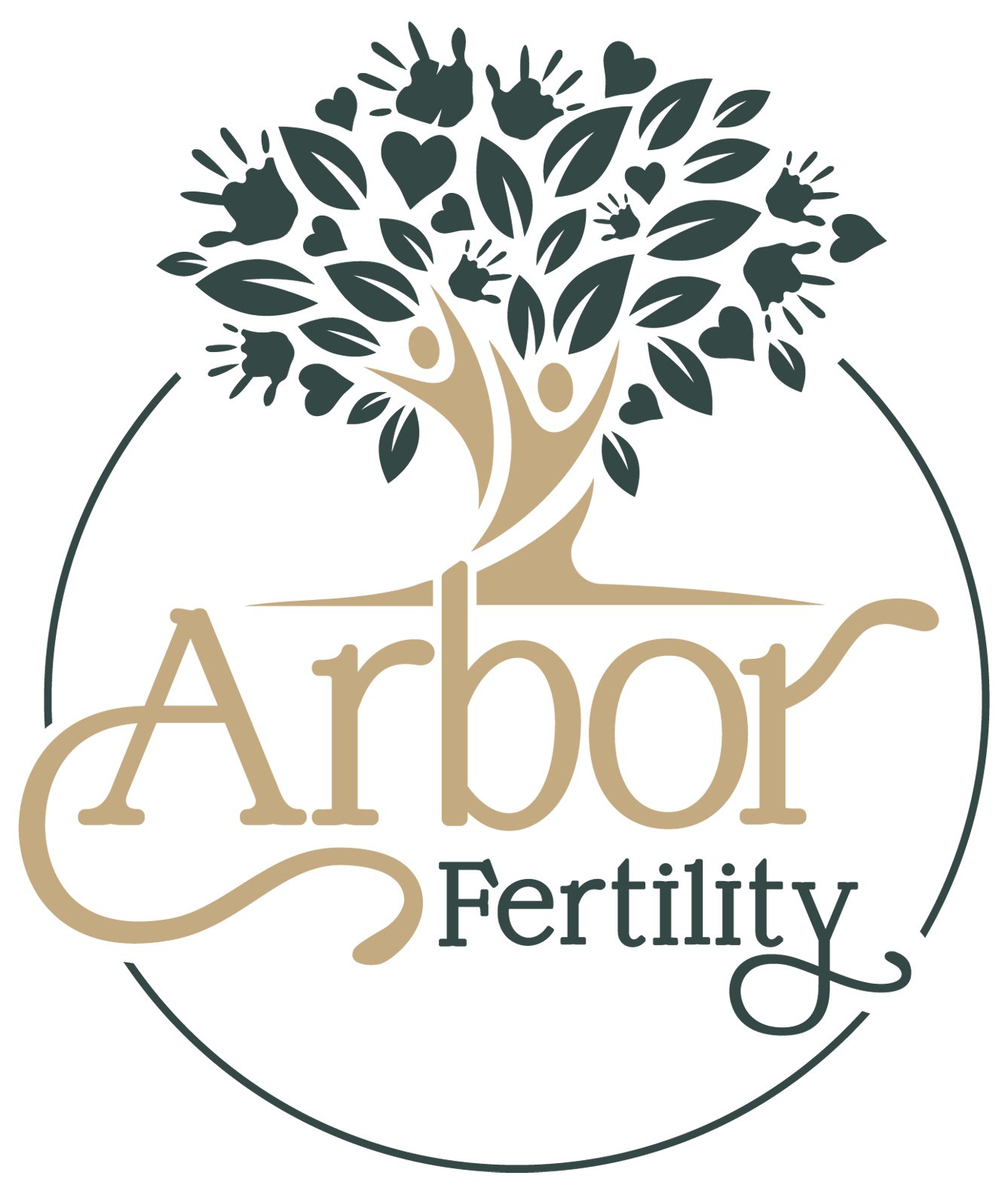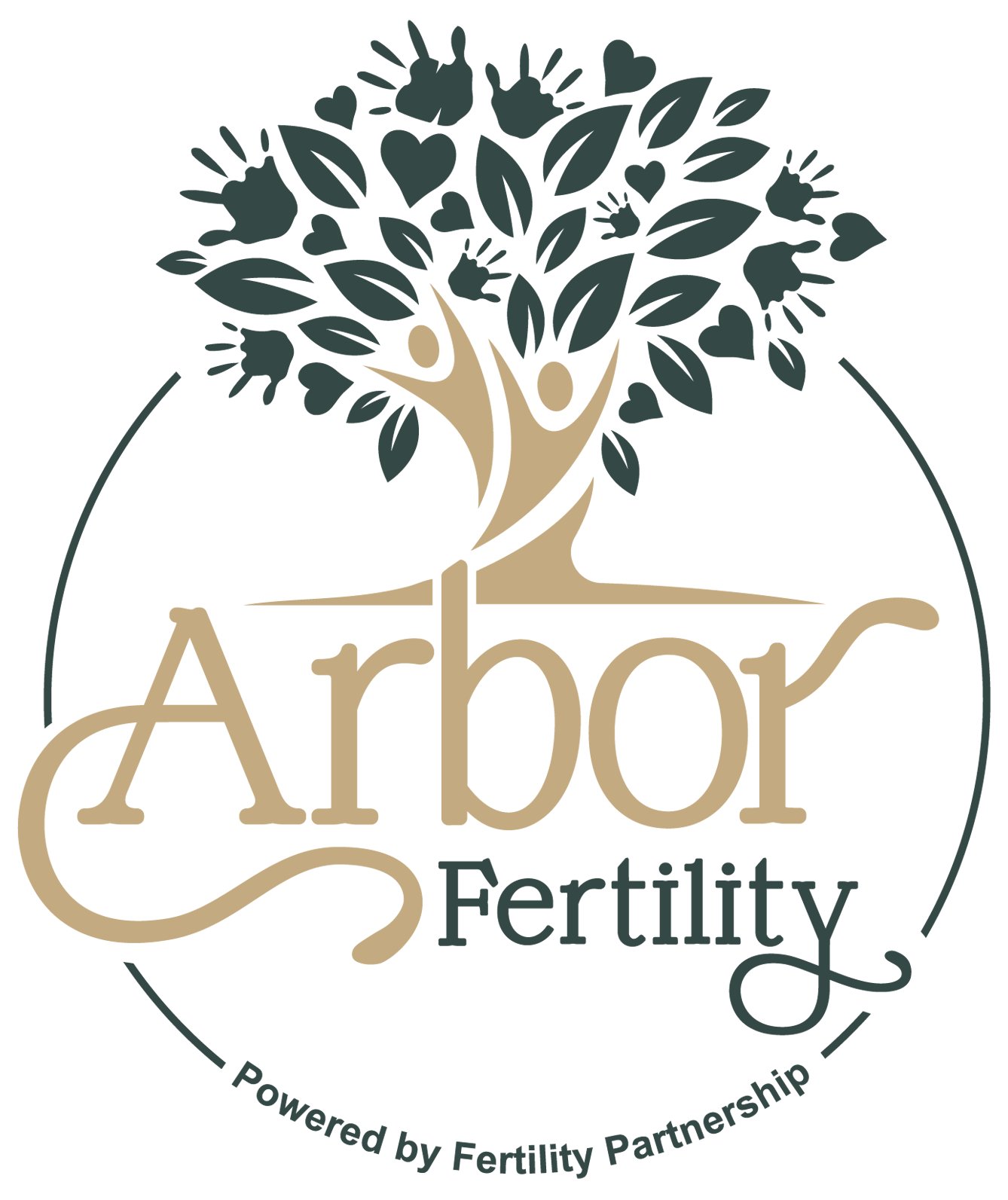IVF Treatment for PCOS: Unlocking Your Path to Parenthood
June 23, 2023 - 10 min read
By: Dr. Shvetha Zarek, Arbor Fertility
Polycystic Ovary Syndrome (PCOS) is a common hormonal balance that affects 10% of women in the U.S. The hormonal imbalance occurs within the ovaries and can result in irregular periods and absent ovulation and signs of excess androgens like unwanted facial hair. This can make it difficult for women with PCOS to naturally achieve pregnancy.
Thankfully, using IVF for PCOS can be an effective fertility treatment. The process of inducing ovulation and transferring an embryo can lead to higher success rates when other treatments like ovulation induction do not work. Here is what to know about PCOS and IVF.
Understanding PCOS and Fertility
There are a number of potential factors that may contribute to PCOS, including genetics. Researchers also believe insulin resistance plays a role, which causes insulin blood levels to be above average. Patterns of elevated androgens are also typical in women with PCOS.
Women with PCOS may exhibit some or all of the following symptoms:
Irregular menstrual cycles
Excess facial hair (called hirsutism)
Acne
Hair thinning
Weight gain or difficulty with weight loss
Skin darkening and/or skin tags
A doctor may diagnose PCOS using a few different methods, including blood tests to check androgen levels, ultrasounds to look for ovarian cysts, and physical exams to look for external symptoms. A diagnosis is important, especially if you are dealing with infertility as it has implications for one’s overall health. PCOS causes irregular ovulation or anovulation, plus an increased risk of pregnancy complications such as gestational diabetes.
Understanding a diagnosis helps you and your doctor evaluate the best fertility treatments for PCOS, which include:
Ovulation induction medication: There are several medications that can stimulate ovulation so that an egg is available to be fertilized by sperm.
Intrauterine insemination: Sperm is placed directly in the uterus to facilitate fertilization. This is typically paired with ovulation induction to generate a mature egg and a trigger shot which causes timely release of the egg.
In Vitro Fertilization: This option may be pursued if there is lack of ovarian response to ovulation inducing medications or if less aggressive treatments have not yielded a pregnancy or there is present male factor causes.
IVF Treatment for PCOS
PCOS IVF treatment may be recommended when other fertility treatments are not successful. Hormonal supplements and IUI may not work in all cases. After trying PCOS treatment and lower intervention fertility methods, your fertility doctor may recommend in vitro fertilization (IVF).
With IVF, the woman takes hormonal medications to induce the development and maturation of multiple follicles. Each follicle contains an egg. PCOS patients may receive a lower dosage due to the large number of follicles that are recruited due to the nature of PCOS. Once follicle maturation occurs, a trigger shot is given to induce ovulation. Prior to ovulation occurring, the eggs are extracted and paired with sperm inside a lab to create embryos. Then a selected embryo is transferred into the womb to hopefully result in a successful pregnancy.
There are specific steps you can take to prepare for IVF when you have PCOS, including:
Lifestyle changes: Losing weight by exercising and focusing on a high protein diet with less sugar and carbohydrates can help facilitate a positive outcome in treating PCOS. Regular exercise also assists with the insulin resistance characteristic of PCOS.
Supplements: Ask your doctor about supplements to help with PCOS symptoms and treatment. For instance, a recent study found that curcumin, vitamin D, inositol, and CoQ10 can help decrease insulin sensitivity and inflammation in PCOS patients.
Appointments: Schedule time with your fertility specialist to create a plan for IVF. They can guide you towards any additional resources that may be helpful with your personal health and wellness including mental healthcare.
As you discuss your fertility options, be aware of both the risks and benefits of IVF. One potential side effect of the hormonal injections, particularly for PCOS patients who require higher dosage to respond, is ovarian hyperstimulation syndrome.
On the plus side, there is research addressing the chances for a successful pregnancy for women with PCOS who opt for IVF. We'll talk about success rates next.
Success Rates of IVF Treatment for PCOS
It's important to note that there are a wide range of factors that influence women with PCOS IVF success rates. Some of the biggest contributors include:
Age: Research shows that fertility begins to decline around age 30 in women and decreases at a much faster rate in the mid-30s and onward.
BMI: Higher body mass index tends to relate to reduced fertility.
Type of infertility: Not all infertility issues are the same. Most are attributed to failure to ovulate. But male factor, infections, implantation failure, endometriosis, uterine fibroids, and many other causes can impact different components of the reproductive system.
In general, however, we can look at IVF success rates for PCOS patients compared to those without PCOS. One study reported 44.7% of PCOS patients became pregnant with IVF and the group's live birth rate was 34.6%.
Not factoring in PCOS, overall IVF success rates for women under 35 was 55% (live births). For women between 35 and 37 years old, the live birth rate was 38.3% and it drops from there with age.
While it's impossible to control your age at the time of IVF, there are some ways you can increase your chances of success with IVF treatment even with PCOS. Start by maintaining a healthy diet and lifestyle (including self-care for your mental health). Also work with a reputable fertility specialist who can help you create a holistic fertility plan.
Conclusion
Navigating the challenges that come with PCOS can be frustrating, especially if you're having fertility issues as well. But there are several stages of fertility treatments that can help you overcome these challenges.
It's important to choose a well-qualified fertility specialist to help you choose the best course of action. IVF can be an effective option for PCOS patients. If you're ready to move forward in your fertility journey, schedule a consultation with a fertility specialist today.

